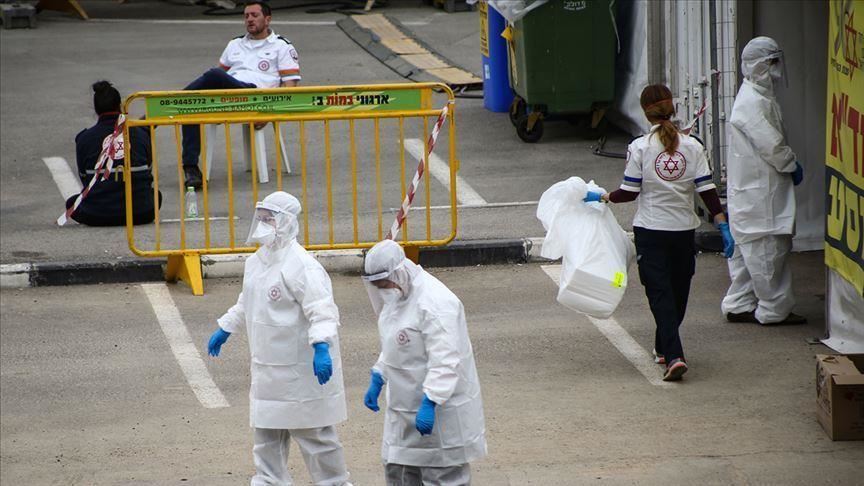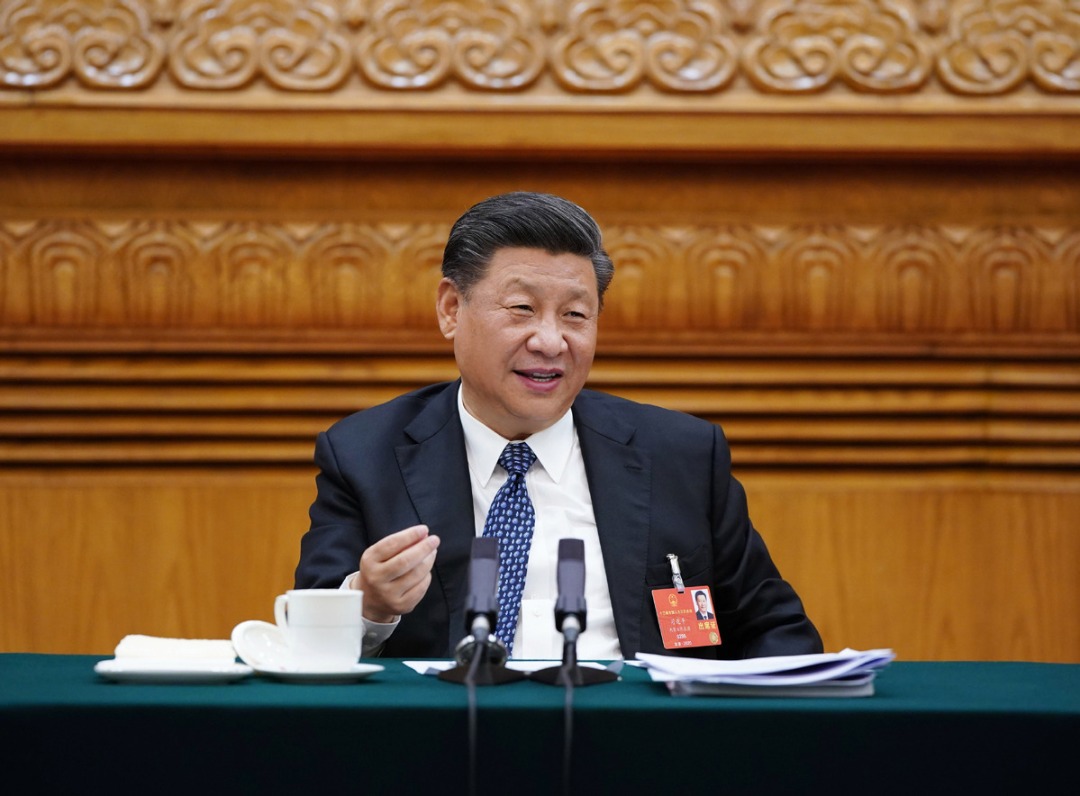
JERUSALEM – The world is lacking a coordinated global response to the raging COVID-19 pandemic and its economic ramifications, several Israeli experts have said recently.
To better cope with the COVID-19 crisis, they have urged all countries to come together to form cohesive policies on such issues as vaccine research and international travel.
LACK OF COOPERATION
Many previous crises in history, such as the financial crisis of 2007-08, have witnessed countries making joint efforts to tackle problems, yet the current COVID-19 crisis, which has so far recorded over 6 million infections worldwide and more than 380,000 deaths, has seen a lack of coordinated response across the world with some countries shirking responsibilities expected of them, experts said.
For example, international flights were canceled and airports shutdown following the outbreak. The United States, the sole superpower which should have taken the lead in promoting global cooperation, halted exports of masks and respiratory machines to neighboring Canada, as well as Latin American countries.
Amnon Lahad, chairman of Family Medicine at the Hebrew University, found the real situation quite contrary to such expectations “that the United States would lead and that there would be a global response.”
“There should have been an agreement on the implementation of World Health Organization (WHO) decisions. But every country made their own policy,” Lahad told Xinhua.
Noting that politics have overshadowed the response process, he said that the current crisis “became a political problem rather than a health problem.”
“Medicine mixed with politics, which made decision-making difficult,” he said.
“What we witnessed is not a global world,” Ronni Gamzu, CEO of Tel Aviv Sourasky Medical Center, told Xinhua, adding that the lack of cooperation against the epidemic has also darkened the global economic outlook.
CHANGES NEEDED
In the face of the deadly virus, experts have urged countries to make changes as soon as possible, such as by forming cohesive policies on developing vaccines.
The international community should coordinate a push for progress in research for vaccines and treatment, they said.
Lahad warned that under the current circumstances, “vaccines will be distributed unevenly, not according to morbidity but according to financial or manufacturing abilities.”
Still, he said the above-mentioned situation could be avoided with firm international resolve, adding that global leaders must not be shortsighted when dealing with this global issue.
The experts also called on countries to set the same standard on pre-travel testing, and to form a common policy on how to compensate people who were and may still be hit by travel bans and flight cancellations.
“Now is the time to begin working,” Lahad said, adding, “there should be an international summit with experts from all countries that will manage the crisis before a second wave.”
“The WHO needs to improve its operative multi-national arm,” suggested Gamzu, calling for solidarity among the members of the global agency.





